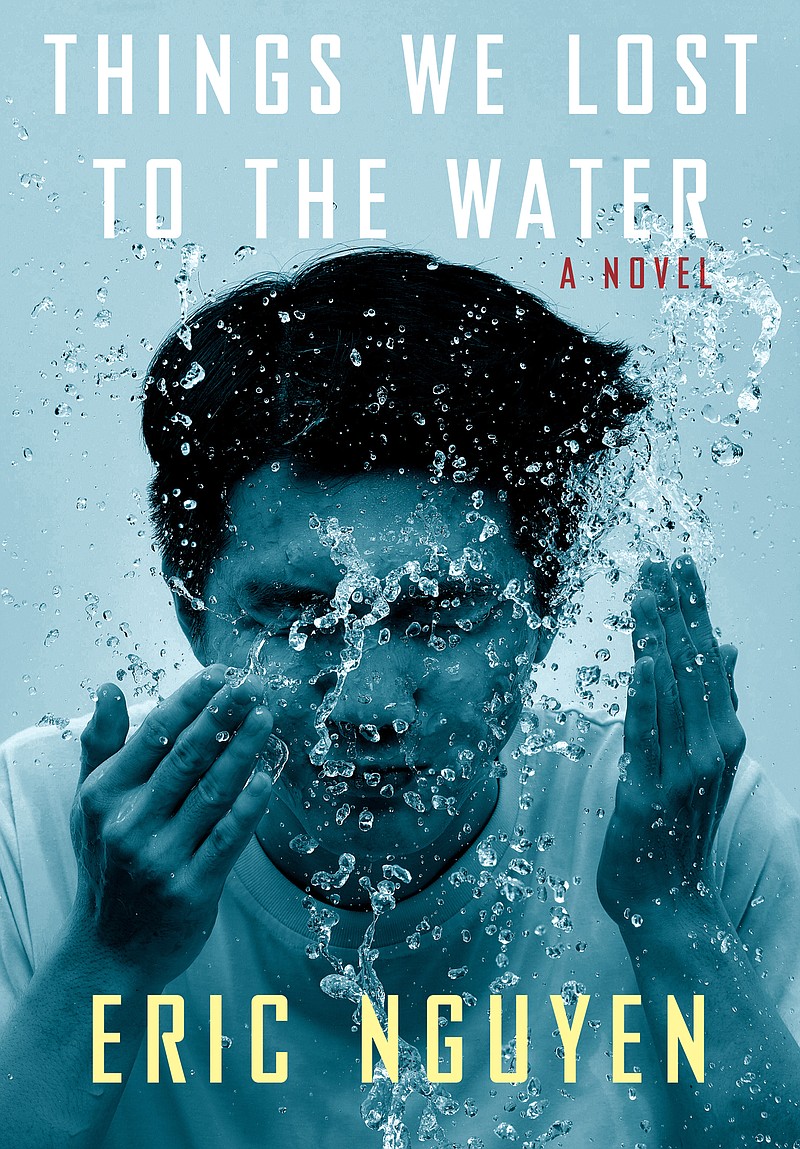Things We Lost to the Water
by Eric Nguyen; Alfred A. Knopf (304 pages, $26.95)
Eric Nguyen's moving debut novel explores the importance of stories. "Things We Lost to the Water" is about a Vietnamese family in New Orleans and the story that the mother, Huong, tells herself about how she came to arrive in the United States with her two sons and without her husband.
Huong revisits the last night she saw her husband on a beach in Vietnam while running toward the boat that will carry them away from the Communist regime. Suddenly his hand is no longer in hers. She'll revisit this moment and tell herself many versions of what happened. In one version, it's a mistake; he's slipped and fallen, and now she believes he's waiting to reunite with her. Huong writes letters and sends cassettes, trying to find her husband in Vietnam and coax him to rejoin her and the boys.
Later, Huong tells a completely different story to her sons. She tells them that their father has died for his beliefs: "He was a teacher and a free thinker who despised the Communists, and because of this, they killed him. He died a hero." But the younger son, who goes by the name Ben in the U.S., discovers a letter from the father showing that he was very much alive and had chosen to stay in Vietnam. Ben confronts his mother about the lie. "We're not the bad sons," Ben says. "You're the bad mother."
In Nguyen's deft writing, the truth is never so simple as one version of a story. Throughout the novel, Huong thinks with anguish about the reasons she chose to spare her sons the truth about their father. Nguyen is showing that one story, one truth is not necessarily better or easier than the other, and all can lead to a kind of pain: "In fact, the ache grows. It grows into two boys, and the two boys grow into two sons, and those two sons grow to look like their father, uncannily like their father in their moods, their movements, their voices, so that it's always like she's losing him again - to the world, to life, to fate."
As Ben and older brother Tuan grow into adults, they'll choose different paths to survive. Tuan joins a gang, and Ben moves to France to become a writer and to explore his queerness. But survival is not a stage that is ever guaranteed, Nguyen reminds the reader. "Things We Lost to the Water" opens and ends on scenes of hurricanes that the family experiences in their years in New Orleans, an apt symbol for the tumult of their lives as refugees and the cyclical nature of violence and memory.

